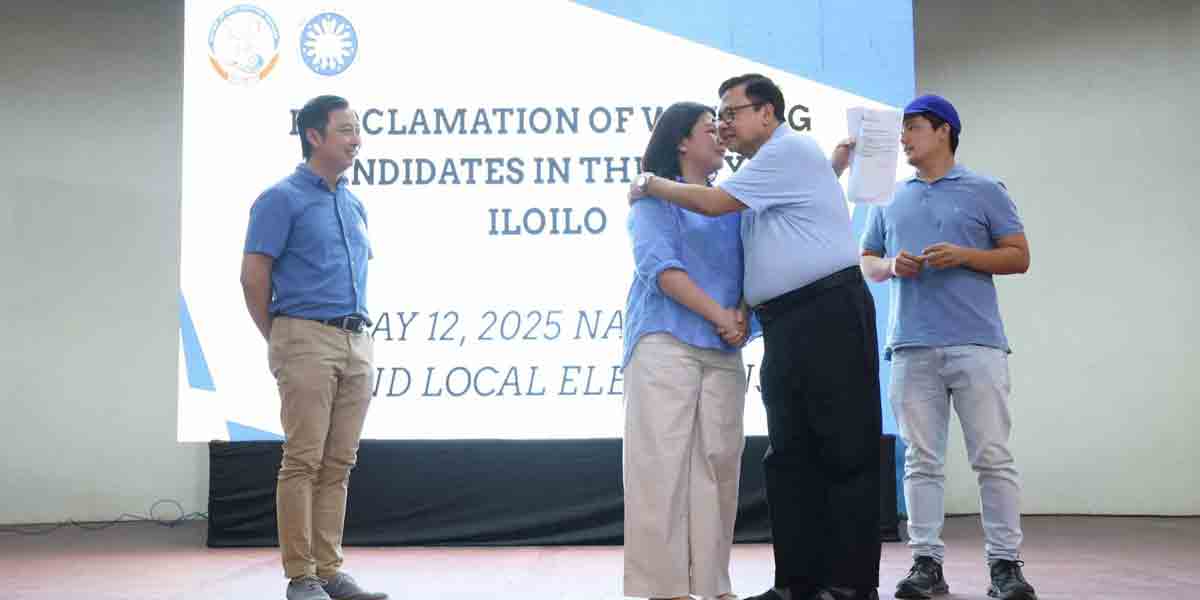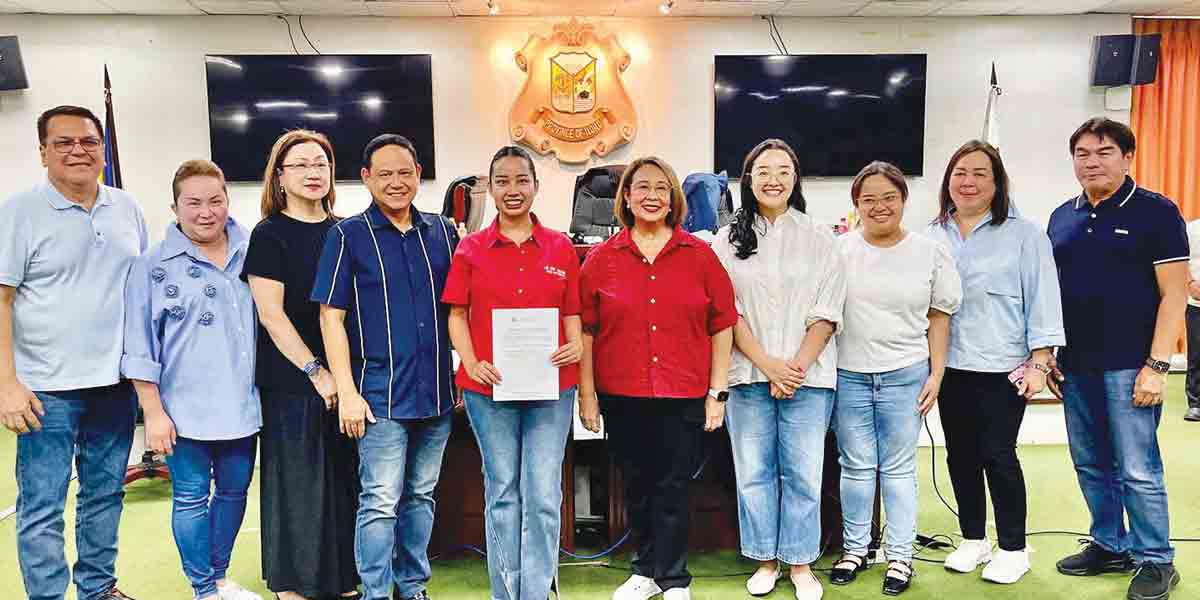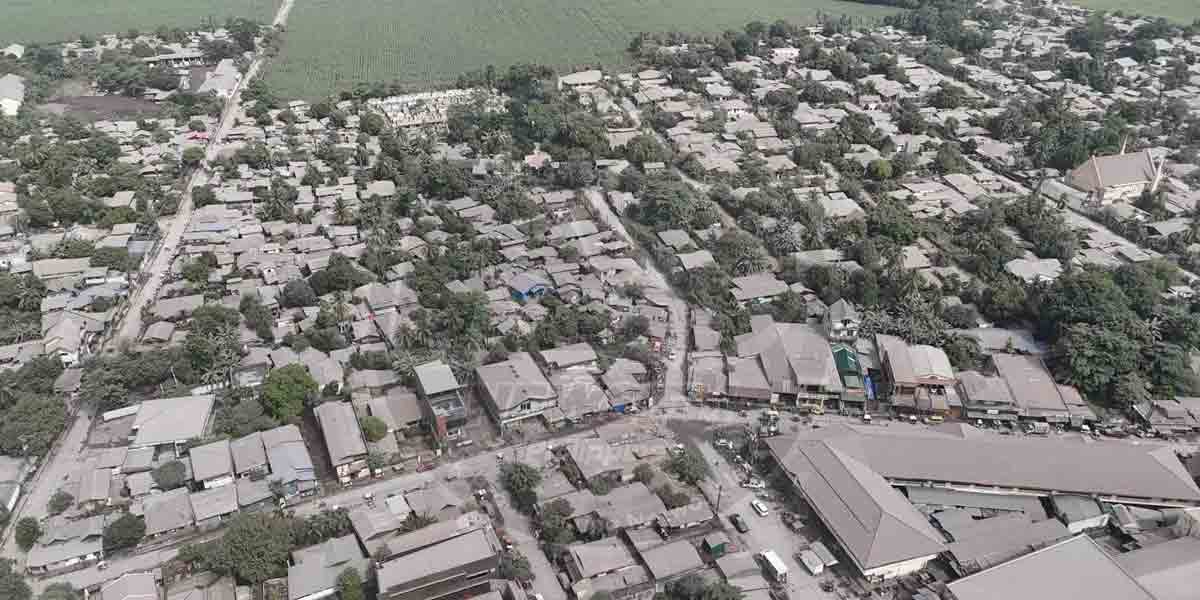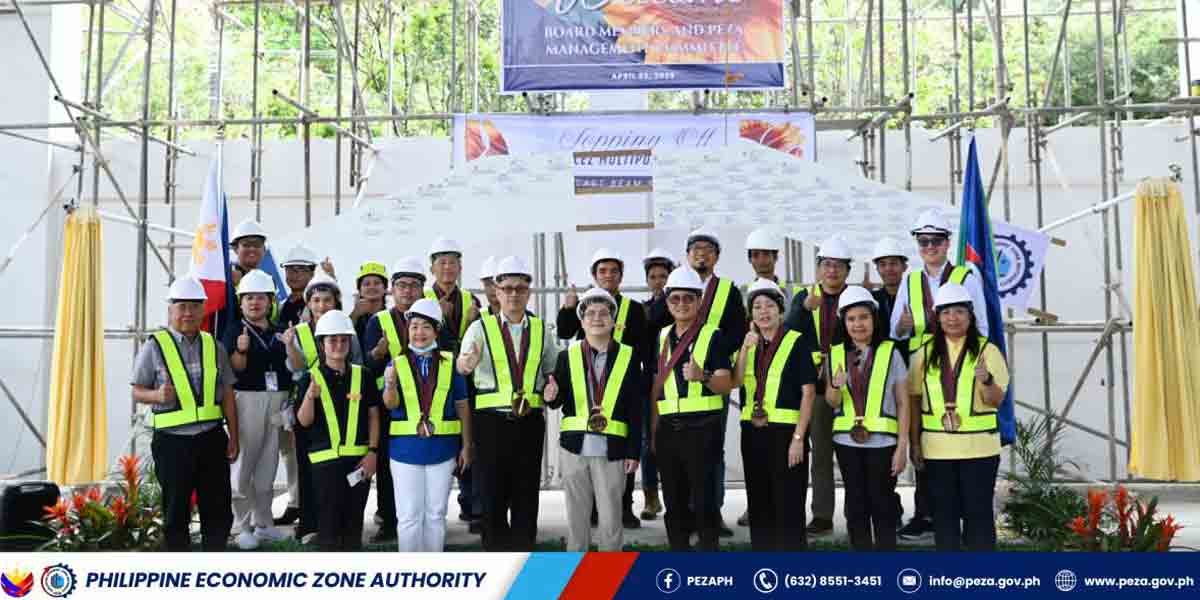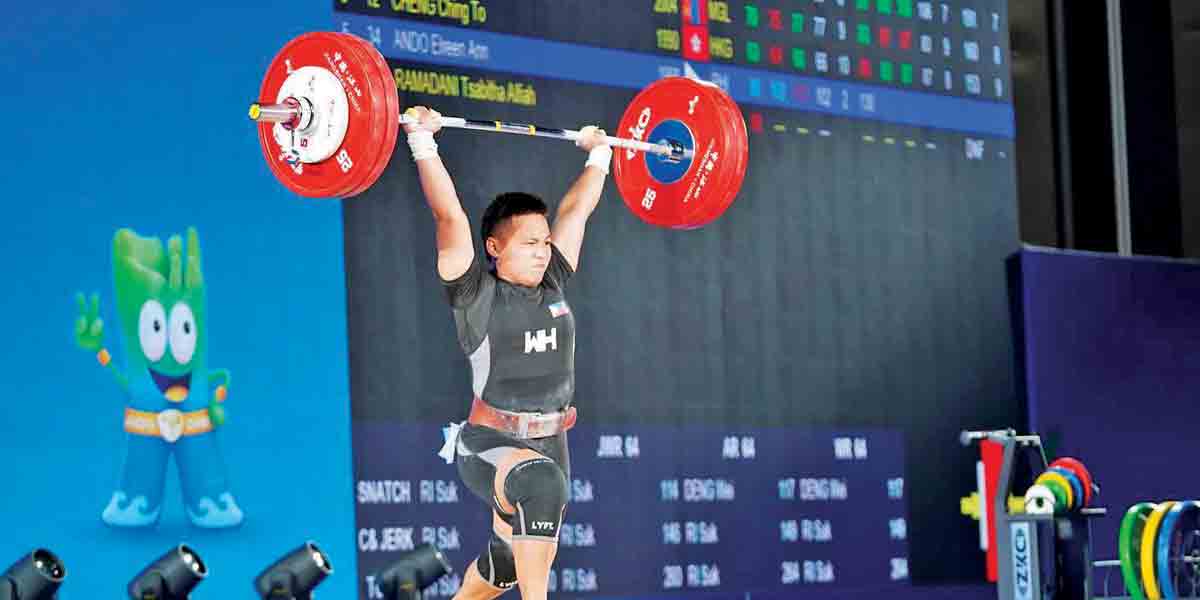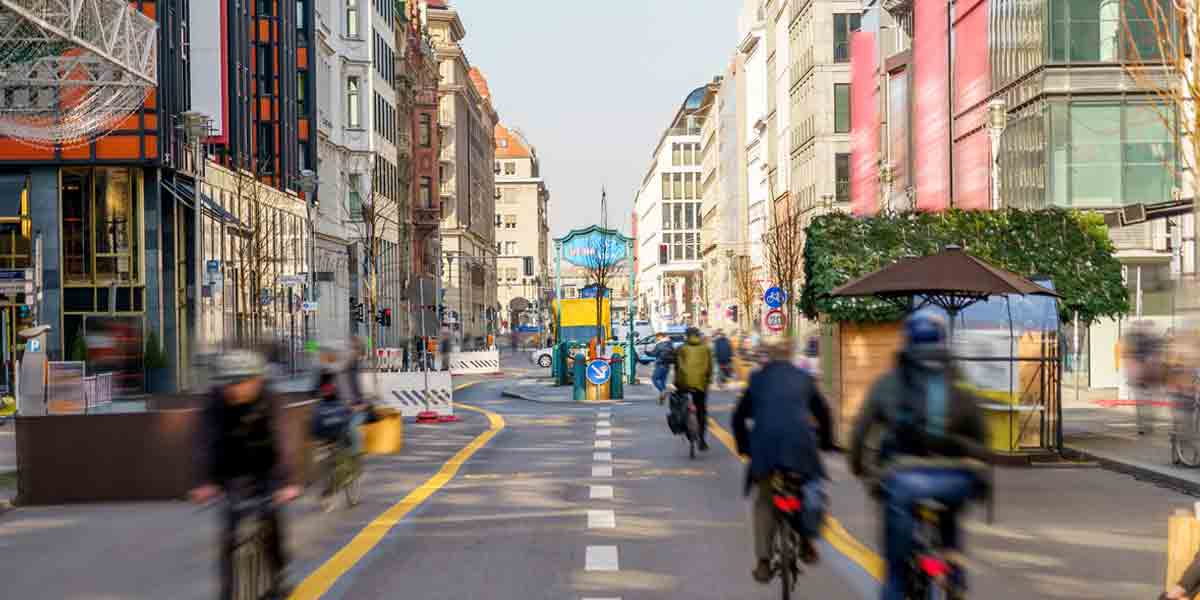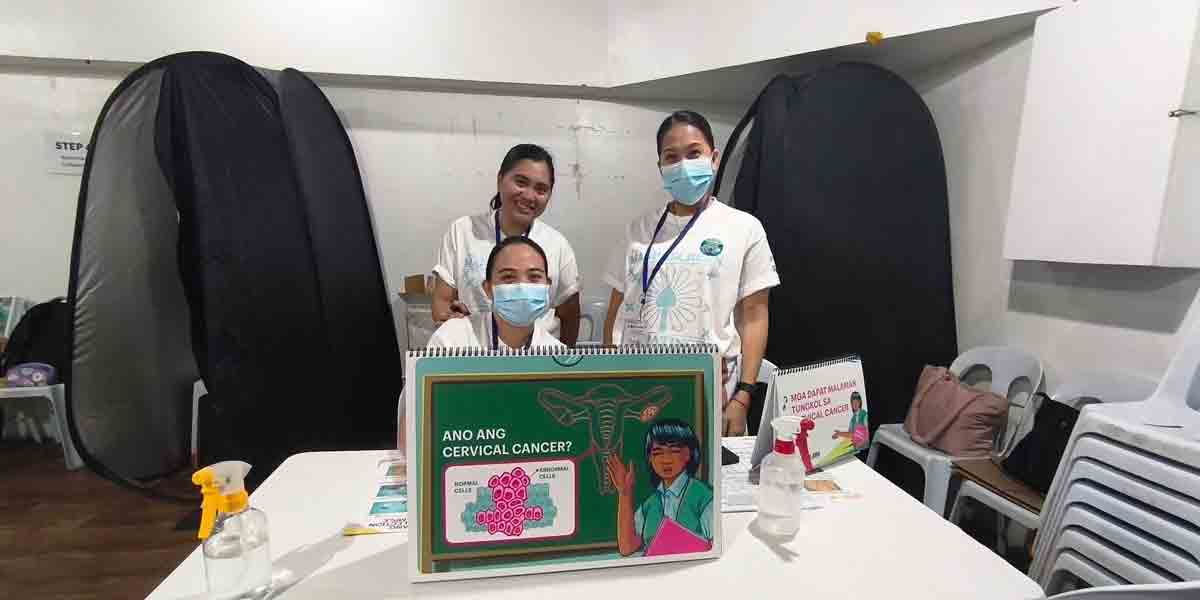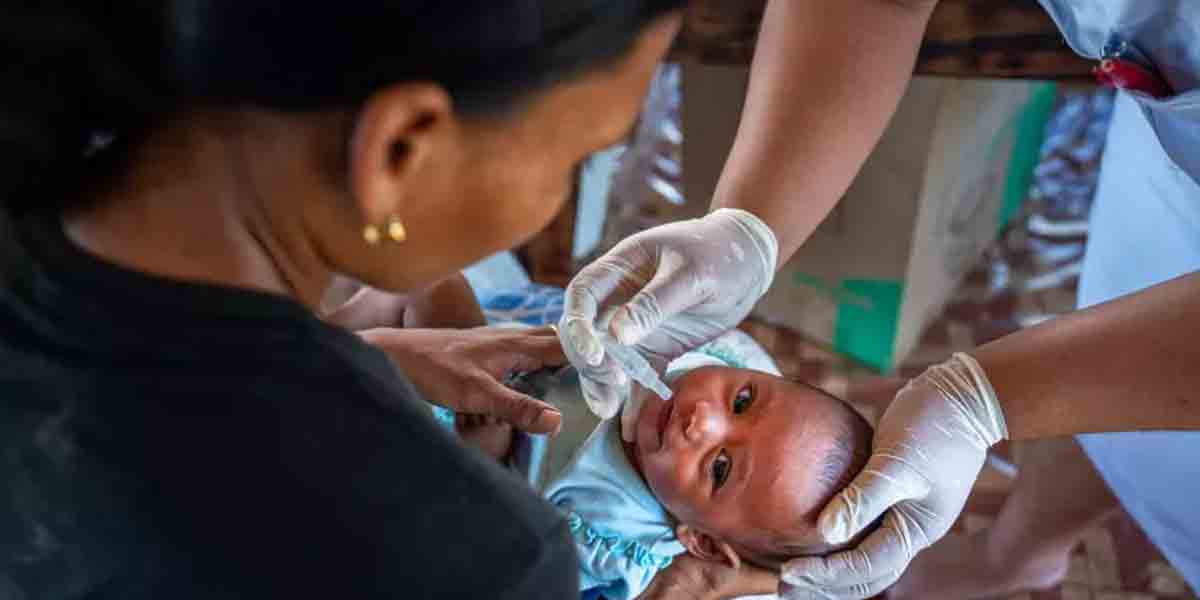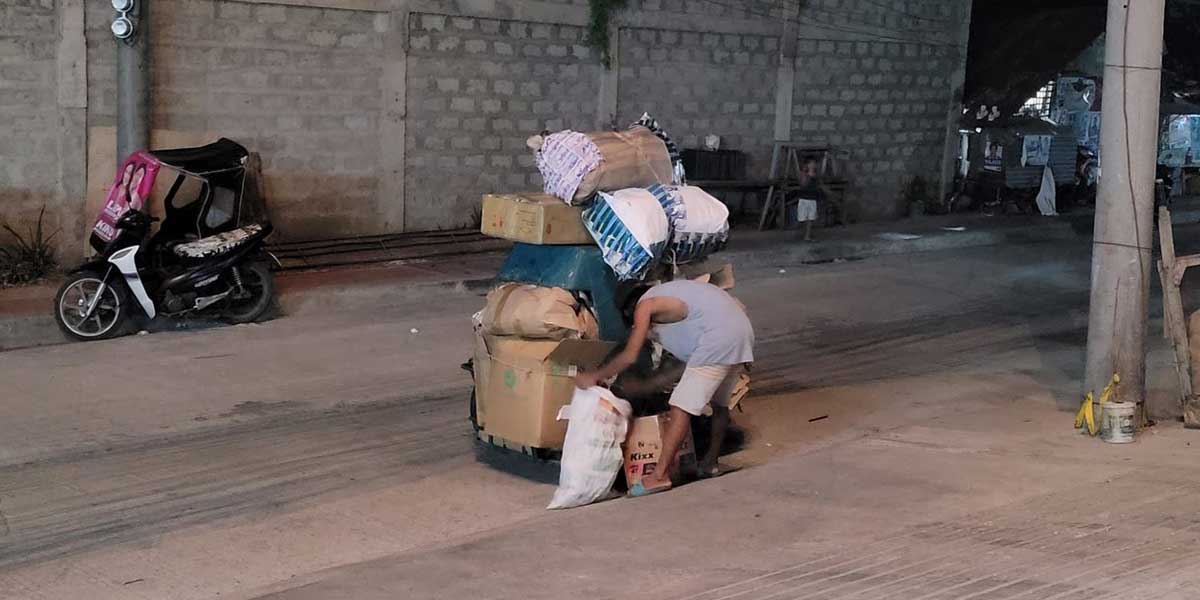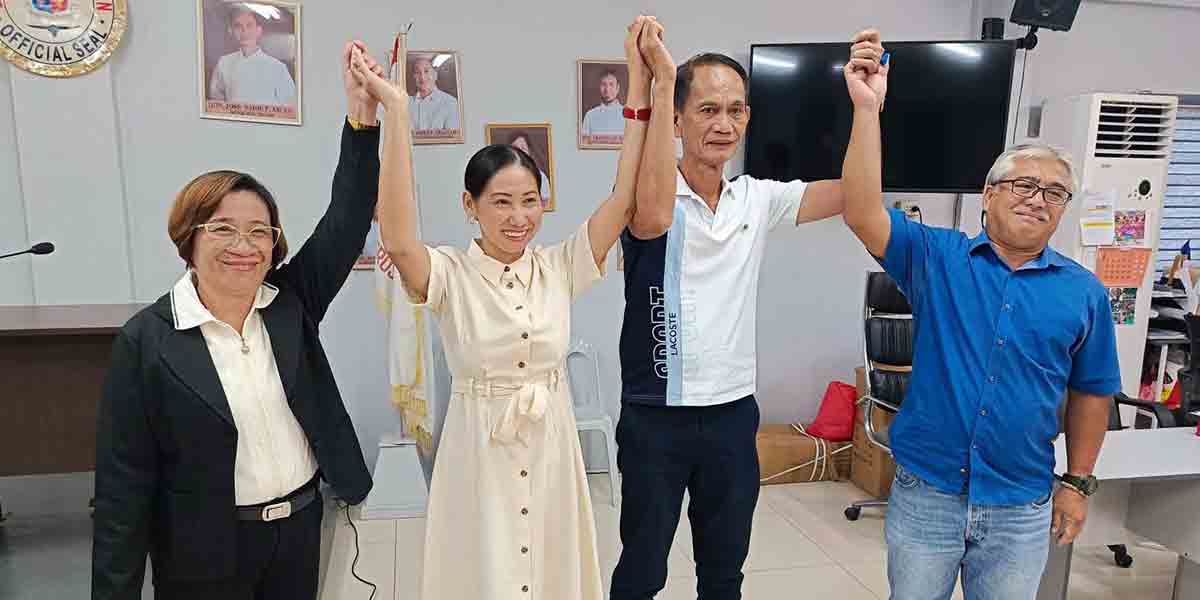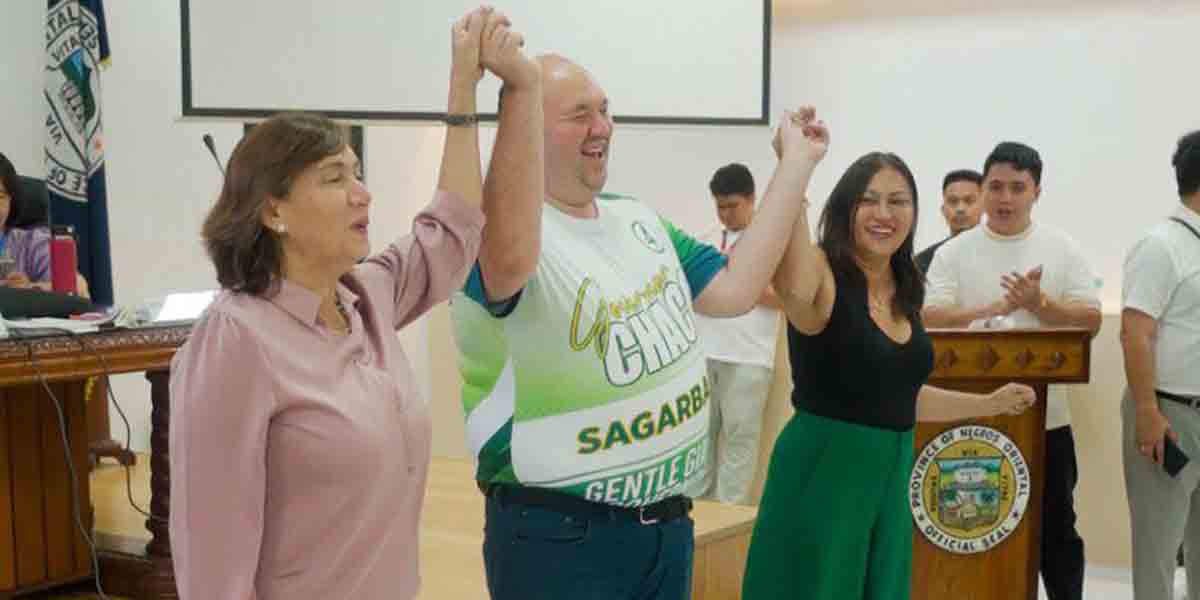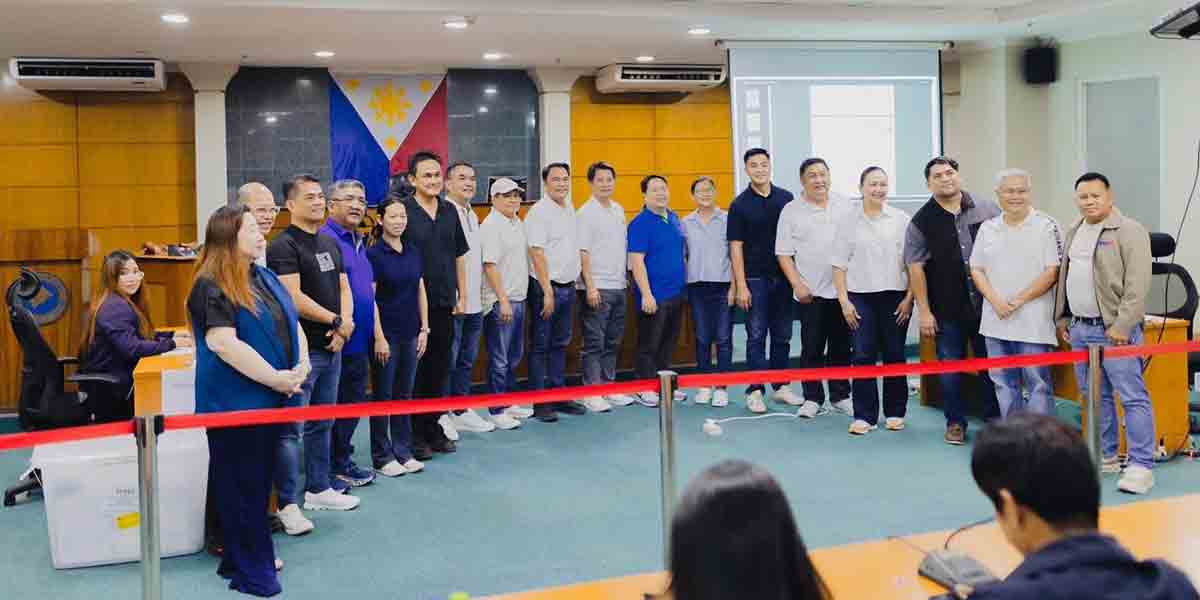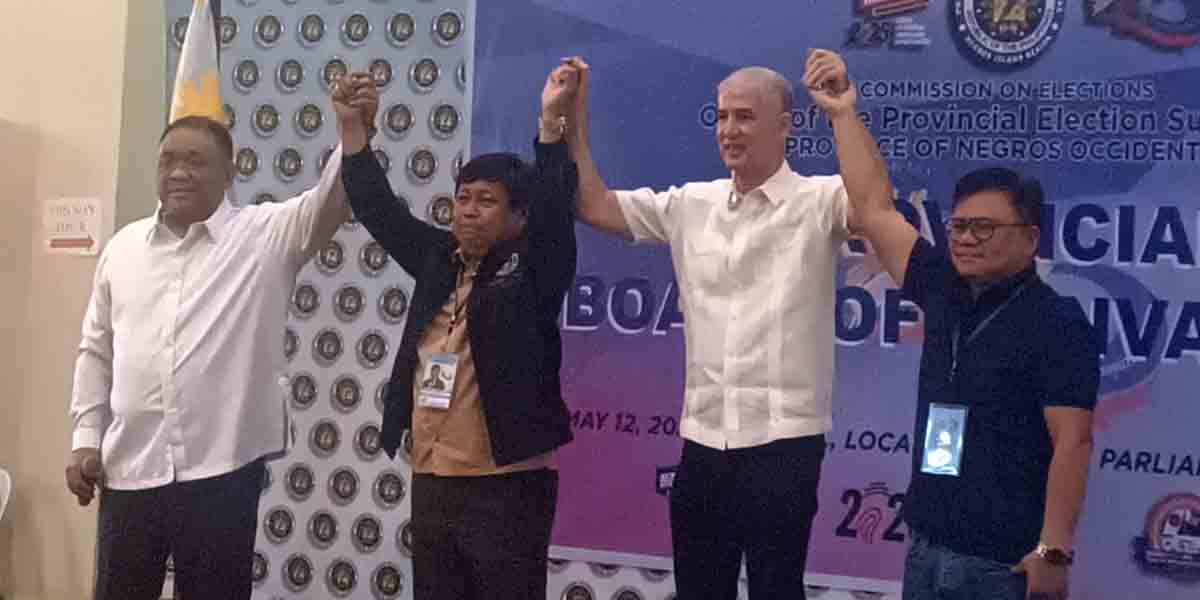By Ken Lerona
I recently had the privilege of speaking with Education students at West Visayas State University. The theme was the “Hyperlocalization of Education in the Age of AI,” but what truly filled the room was something deeper than any academic theory—pride in place, clarity of purpose, and the possibility of building a future rooted in both technology and tradition.
Let me say this plainly: We need to accelerate AI adoption for Ilonggo students. We cannot afford to be left behind. In a world where algorithms shape economies, governance, and even our daily lives, AI literacy must be considered foundational—just like reading and arithmetic. But here’s what I also firmly believe: we must not adopt AI at the cost of our context.
Because while AI can analyze, it cannot empathize. It can predict, but it cannot feel. That role—of anchoring learning in lived experiences, in community knowledge, in cultural memory—belongs to our educators. And for them to thrive in this era, we mt commit to training teachers not only in tools but in transformative, contextual, and hyperlocal education.
AI as a Tool, Not a Replacement for Soul
There’s a growing push to digitize, automate, and universalize learning—an effort that, while important, often risks turning education into a race for efficiency. But Ilonggo learners are not empty vessels. They are taga-uma, taga-bukid, taga-baryo. They carry with them dialects, landscapes, labor, and love. Their intelligence is not just technical—it is intuitive, intergenerational, and lived.
That is why hyperlocal education is not an outdated model; it is our strategic edge. Imagine teaching basic economics through the lens of sari-sari stores, environmental science through mangrove ecosystems, or values education through Visayan epics and oral histories. This is not romanticism. This is pedagogy grounded in relevance and meaning.
AI, when guided by this principle, becomes an enhancer—not an eraser—of local knowledge. Used wisely, it can personalize content, automate assessment, and expand access. But it cannot know that a carozza is not just a bamboo cart—it’s a metaphor for resilience. That understanding comes from teachers who know their communities, who live among them, and who choose to teach from where they are.
Teaching the Future From Where We Are
One of the most powerful responses I heard from a student after the session was this: “It fueled a deep sense of pride within me as someone from the province… being ‘taga-uma’.” That’s the kind of mindset we must nurture—young Ilonggos who are not apologetic about their roots, but are empowered by them.
The goal is not to produce graduates who are ready to be talent exports—shaped to fill jobs in distant cities or foreign economies. The goal is to cultivate entrepreneurial, creative, community-rooted thinkers who can build, lead, and transform right here at home.
This is why our approach must be twofold: embrace AI boldly and embed hyperlocal, human-centric education at every level. We need policies that integrate both. We need training programs for teachers that combine emerging technologies with grounded methodologies. And we need community involvement—parents, LGUs, industry leaders—to rally behind this vision.
Humanity Is Our Edge
In this AI-driven world, the one thing that will set our students apart is not just how well they compute—it is how deeply they connect. Empathy, creativity, cultural fluency—these are not “soft skills.” They are survival skills for the 21st century. They are what AI cannot replicate. And they are what our Ilonggo learners, with the right kind of education, can embody more naturally than any algorithm can ever predict.
This is not a nostalgic plea. This is a strategic blueprint. If we want Iloilo to thrive in the Fourth Industrial Revolution, we must invest in both the tools of tomorrow and the truths of today. And what is true is this: education that is hyperlocal is education that lasts. It roots. It builds. It regenerates.
We must stop seeing local knowledge as “limiting” and start recognizing it as liberating. We must resist the urge to merely keep up, and instead choose to lead from where we are. That is how we train not just future employees—but future citizens. Citizens who are equipped for a global world, yet deeply rooted in their identity as Ilonggos.
In this intersection of innovation and tradition lies our greatest opportunity. And I am more convinced than ever: the Ilonggo youth are ready—if only we prepare them right.
Ken Lerona is a marketing and branding leader with over 20 years of experience. He conducts talks and workshops for private and government organizations and consults on innovation and reputational risk management. Connect with him on LinkedIn at www.linkedin.com/in/kenlerona.###


